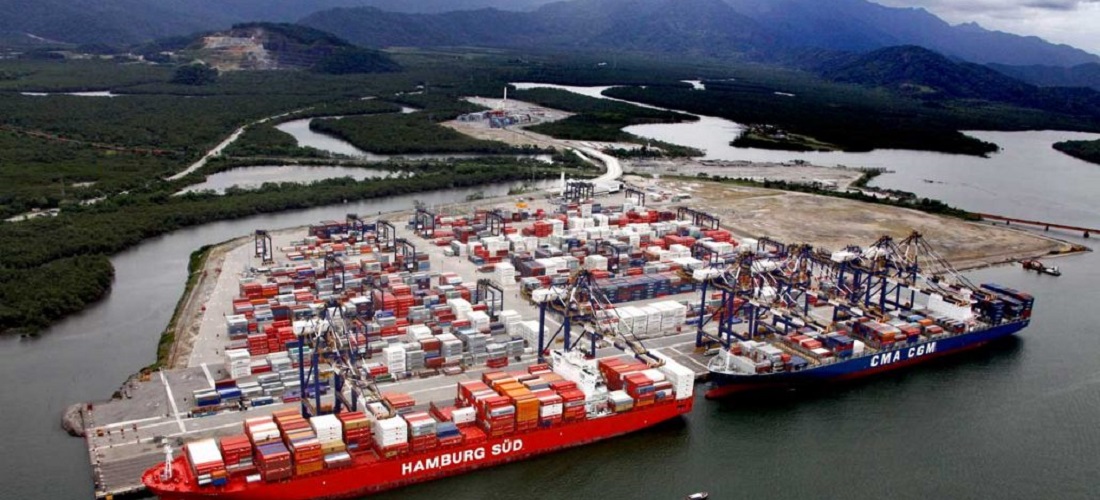
Study indicates that THC prices released by shipowners are in line with those practiced in major Brazilian port complexes
Dec, 03, 2019 Posted by Sylvia SchandertWeek 201950
A study, developed by the Superintendency of Performance, Development, and Sustainability (SDS) of the National Agency for Water Transport (ANTAQ), has revealed that approximately 71% of maritime transport operations carried out in 2019, the figures disclosed by major maritime carriers (CMA-CGM, Hapag-Lloyd, and Hamburg Süd) for the main Brazilian container handling ports, are in line with the values stated in the Merchant System, which is accessed by ANTAQ through the Paperless Port System (PSP).
This percentage varies by sea carrier and container type, reaching 83% for 40-foot high cube containers to 17.8% for 40-foot refrigerated containers.
In general, for the values considered as different from the published reference values, approximately half were declared above and half below these levels. In cases of values below the reported, the median discount was 17.5%, while for the higher values, the median increase was 30.5%.
The Brazilian ports/port complexes considered were Santos (SP), Itajaí-Portonave (SC), Paranaguá-Antonina (PR), Rio Grande (RS), Itapoá-São Francisco do Sul (SC), Manaus (AM), Suape- Recife (PE), and Pecém-Fortaleza (CE), which together accounted for 85% of container handling in the country in 2018.
The Terminal Handling Charge (THC) is the price charged for cargo handling services between the port terminal gate and the vessel’s side, including the transitory storage of cargo for the term contracted between the carrier or its representative, and port facility or port operator, in case of export, or between the vessel’s side and its placement in the port terminal stack in case of importation.
-
Ports and Terminals
Jun, 06, 2024
0
Proposed Amendment to End Federal Ownership of Marine Land Raises Concerns for Port Terminals
-
Ports and Terminals
Jun, 10, 2024
0
São Francisco do Sul Port renews ISO certification for another year
-
Other Cargo
Mar, 28, 2024
0
Imports of land measuring equipment in Brazil worth millions
-
Ports and Terminals
Aug, 08, 2023
0
Provisional measure extending Reporto should come out by October, says Federal Government

